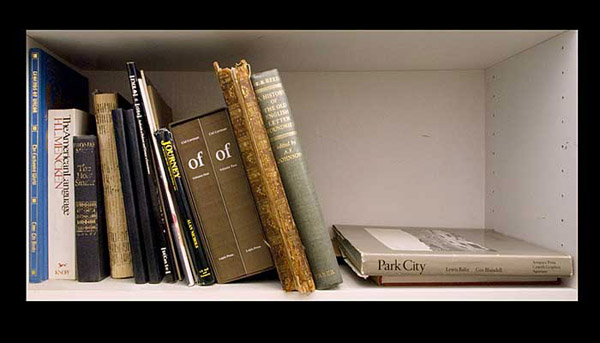
I want to give a shout out to a wonderful new project by a dear friend of ours. So When Are You Going to Retire? is -? or will be, or is in the process of becoming -? a book exploring questions of age, work and identity through the stories of people over 80 who continue, against the odds, to work for a living. As of very recently, the author, Ashton Applewhite, has begun documenting her research on a very attractive new weblog, and is inviting readers, writers and experts in the field to join her in conversations and story sharing that hopefully will shape the book’s development. In an email, Ashton explained to me why she’s doing this:
I’m a generalist writing about a broad topic: people in their 80s and 90s who are still in the workforce, and what we can learn from them. Following on the Institute’s work with Siva and Mitchell Stephens, I’m excited about using the blog as a mechanism for thinking out loud as I go through my material, formulate the themes of the book, and write the proposal. I think that ongoing feedback from experts (gerontologists, social scientists, demographers, etc.) and discerning readers will sharpen and inform my thinking -? in other words, that the network will help me build a better book. I also think i’ll end up with a valuable platform for leveraging and disseminating my work over the long run -? one that could radically revise conventional notions of shelf life. Cutting Loose, my book about women and divorce (HarperCollins, 1997) is still in print; imagine what sales would look like if it were at the hub of an ongoing social network, and what a rich site that would be?
Though this isn’t an officially Institute-sponsored project, we’ve done a fair bit of kibbitzing from the sidelines on the conceptual layout of the site and on general strategies for writing it (this being Ashton’s first foray into blogging). We’re also brainstorming with Ashton on that most crucial of issues: building an audience. Most of our networked book projects have been on technology or media-related subjects that naturally appeal to online readerships and get picked up easily in the blogospheric grapevine. Ashton’s book doesn’t have such an obviously built-in wired constituency, although its potential readership is far broader and more diverse than that of any of the works we’ve published. I imagine it will be a gradual, word of mouth kind of thing.
So check out Ashton’s rich and inviting site, join the conversation, and spread the word to anyone you know who might be interested. If you know of any specific sites or online communities that Ashton might want to connect with, let her know through the “email me” link near the top of her site. There’s already quite a lot to delve into since Ashton’s been blogging under the radar for the past several months, cutting her teeth on the form and piling up some wonderful stories (many of which you can listen to in audio). Help start building this network, and this book.

